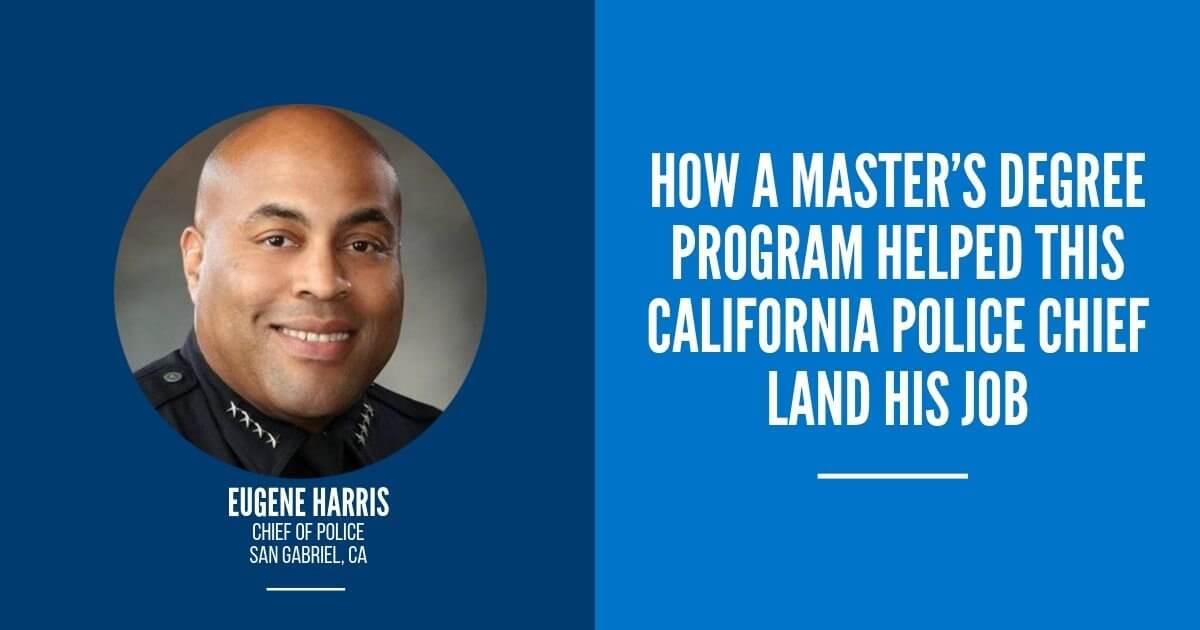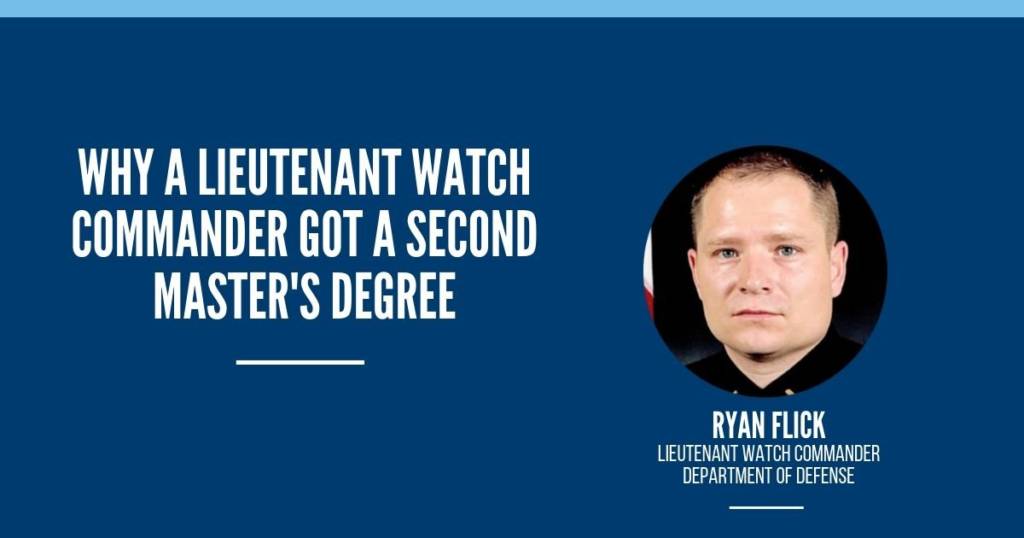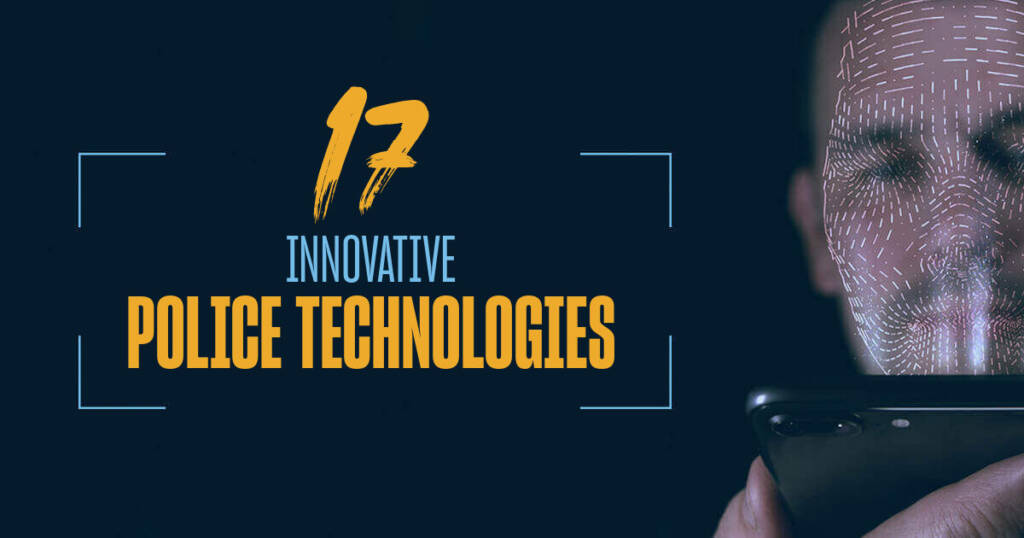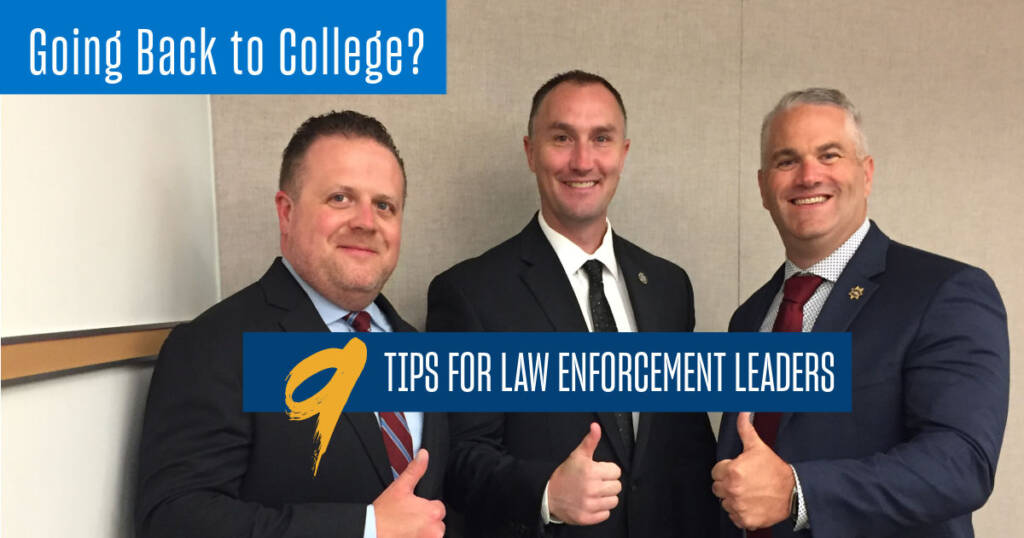Eugene Harris credits his graduate studies at the University of San Diego with helping him advance his career in law enforcement. A Marine Corps veteran and lifelong lawman, he was well on his way to earning his Master of Science in Law Enforcement and Public Safety Leadership when he applied for and won his new position as chief of police in San Gabriel, Calif. “Being able to put that on a resume is very powerful,” said Chief Harris, who is set to complete his degree this spring.
Chief Harris — whose resume also includes work with the Los Angeles County Sheriff’s Department and the Monterey Park Police Department, as well as a bachelor’s degree in business administration and a master’s in organizational management — recently agreed to share his insights into how his search for the best online criminal justice program led him to University of San Diego.
Why He Chose to Pursue a Second Master’s Degree
“I consider myself a lifelong learner,” said Chief Harris, who is also a graduate of the FBI National Academy. “And as a person who was motivated to seek a command position, it was really important for me to understand the depths of leadership.” However, his pursuit of a second master’s degree began by “happenstance” when he saw an online advertisement for another school and, out of curiosity, began doing some research. He discovered the University of San Diego while googling his biggest area of interest — “law enforcement leadership skills.”
[RELATED] See the courses that make this Master’s in Law Enforcement Leadership unique >>
USD Instructors ‘Extremely Knowledgeable’
“You’re dealing with instructors who challenge you to get to the next level,” said Chief Harris. “I have found the instructors to be extremely knowledgeable,” as well as extremely accessible. He added that the assignments were challenging, and that he particularly appreciated the vibrant exchange of ideas. He said the opportunity to communicate with people from different backgrounds and perspectives — the students as well as instructors — “made me better.”
An Academically Challenging Online Master’s Program
An online program can be more challenging in some respects, he said, because of “the demands that are put on you as an individual.” The USD master’s program emphasizes continual, ongoing interaction with fellow students as well as the instructors in a way that “forces us to delve deeper into the issues,” he said. “This particular program is probably the hardest one I’ve been in. In my traditional education, I felt like I was being given a grade. In this program, I feel like I am earning a grade.”
How USD Helped Him Grow as a Leader
Chief Harris described a particular lesson focusing on conflict resolution, in which the students were presented with a set of facts involving a hypothetical law enforcement scenario and then had to adapt quickly and under pressure as new facts emerged. He recalled that the exercise provided valuable insight into “really navigating the conflict resolution scenario with appropriate problem-solving skills” as well as the importance of gathering as much information as possible to understand the big picture. “You can’t make decisions about people or situations,” he said, “if you’re not fully versed in what all the elements are.” Overall, he said of the program, “I learned a lot about perspective and I learned a lot about application and thought process, about two-way communication and understanding opposing views.”
[RELATED] What Type of Police Leadership is Most Effective? >>
Why Education is Key for 21st Century Law Enforcement
Police work has always been tough — but the 21st century has introduced an entirely new set of challenges. In addition to fighting crime and protecting the public, new problems facing today’s law enforcement professionals also include:
- Anti-terrorism efforts
- Serving an increasingly diverse population with religious, cultural, ethnic and language differences
- The growing use of new technology like social media, body cameras, and drones
- Heightened tensions between law enforcement and the community, fueled largely by social media and live streaming video
“I do agree that police work is harder than ever,” said Chief Harris. “From the social service piece to the social justice piece to the politics of police work … the community engagement piece,” the job demands being a skilled crime fighter as well as an effective ambassador in the community one serves.
That’s why University of San Diego’s 100% online Master of Science in Law Enforcement and Public Safety Leadership degree program emphasizes all of the skills needed to be an exceptional leader — critical thinking strategies, analytical skills, organizational leadership, legal awareness, financial and budgetary acumen, top-notch communication abilities and more.
[RELATED] A Firsthand Account on the Importance of Education for Law Enforcement >>
The online master’s degree program is also designed to be flexible so students can complete the program in less than two years while continuing to work full-time. New students are accepted on a rolling basis for Fall, Spring or Summer admission. Experienced law enforcement and military professionals who have completed a bachelor’s degree can speak with a USD admissions advisor to see if they qualify.




